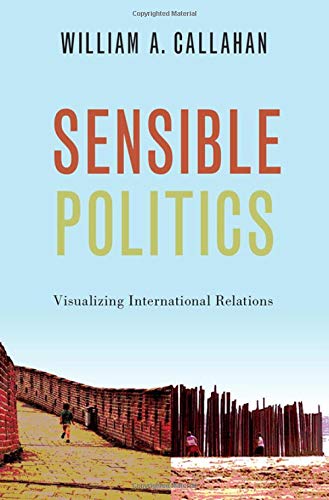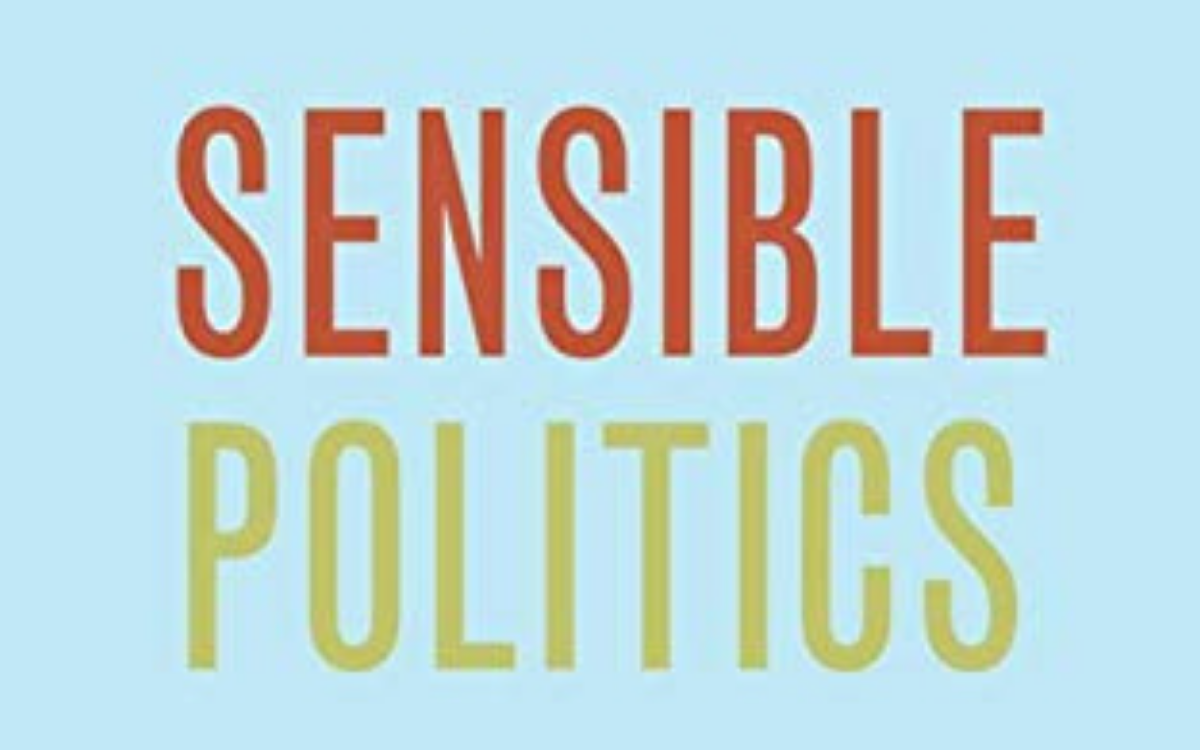
You will receive the link for the online session by email. If you have not received a link, please contact info@leidenasiacentre.nl
On November 3, the LeidenAsiaCentre hosts an online presentation by professor William A. Callahan (London School of Economics and Political Science) of his new book “Sensible Politics: Visualizing International Relations”. During this interactive webinar, prof. Callahan will not only present, but also discuss his latest book with the online audience.
Please register for free in order to join this online event.
Visual images are everywhere in international politics. But how are we to understand them? In Sensible Politics, William A. Callahan uses his expertise in Asian studies, social theory, and filmmaking to explore not only what visuals mean, but also how visuals can viscerally move and connect us in “affective communities of sense.” The book’s rich analysis of visual images (photographs, film, art) and visual artifacts (maps, veils, walls, gardens, cyberspace) shows how critical scholarship needs to push beyond issues of identity and security to appreciate the creative politics of social-ordering and world-ordering. While it is common to use “Western” theory to analyze Asian case studies, the book challenges such Eurocentrism by employing Chinese concepts, practices and experiences to understand international politics more generally, as well as exploring the visual politics of photos, films, maps, fashion, walls, gardens, and cyberspace in China, Japan, Thailand, and Korea. Sensible Politics offers a unique approach to politics that allows us to not only think visually, but also feel visually—and creatively act visually for a multisensory appreciation of politics.
William A. Callahan is professor of International Relations at the London School of Economics and Political Science; in 2020-21 he is a Taiwan Fellow at National Taiwan University. His other recent books include China Dreams: 20 Visions of the Future (OUP, 2015), and his documentary films include ‘Great Walls’ (2020), which asks why we hate Trump’s wall and love the Great Wall of China.



